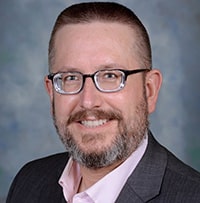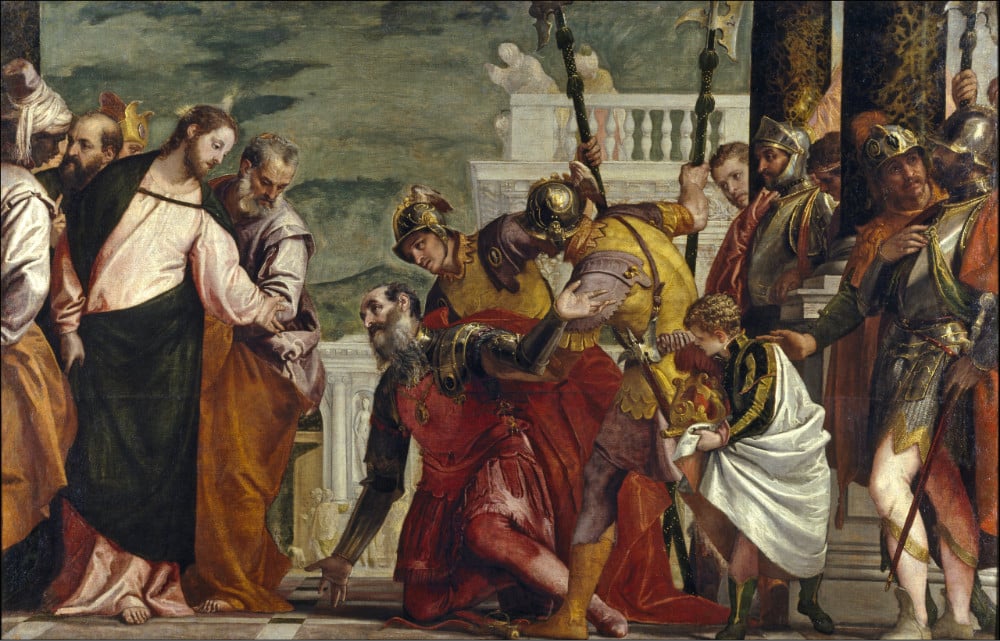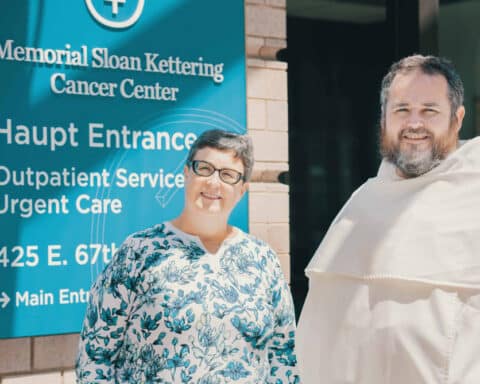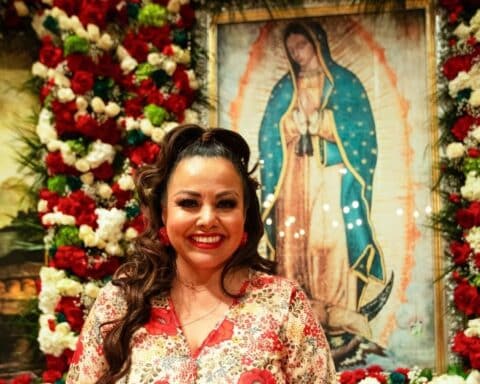
For the first time this year, I have been struck by the wisdom of the Church’s choice of the story of the centurion (cf. Mt 8:5-11) as the Gospel for the First Monday in Advent. When Christ tells the centurion that he will return home with him to cure his sick servant, the centurion responds with words that (at least since the new translation was instituted in 2011) we pray at every Mass: “Lord, I am not worthy that you should enter under my roof, but only say the word and my servant shall be healed.”
When we recite those words at Mass (substituting “my soul” for “my servant”), we are in the final stages of preparing our souls to receive the Eucharist. Or at least we should be, because that is the moment that the sacred mysteries of the Mass have been leading up to. Are we prepared at that moment for the coming of Christ? Perhaps — and perhaps we have been distracted by other thoughts that we haven’t been able (and sometimes haven’t even tried) to set aside in order to welcome the Lamb of God under our roof. In every Mass, we play out the same Advent journey — indeed, the journey of our entire lives — in the space of just an hour. The better prepared we are every time we utter the words “Lord, I am not worthy,” the better prepared we will be this Advent, and the better prepared we will be at the end of our lives, for the coming of Christ.
The Church places the words of the centurion at this moment in the Mass and gives us this Gospel on the First Monday of Advent, not just to signify our faith in Christ but to remind us of the whole scene. The centurion is an important man, and very busy. He says as much in explaining to Christ that he knows Christ can heal his servant from a distance with just a word. Yet, in coming to Christ, the centurion is not neglecting his earthly duties but fulfilling them by orienting those duties properly, and in doing so he provided an example to all of those in his family and those under his command of how to live lives in this world while preparing themselves for the next.
And if, as the Church desires us to do, we place ourselves in his shoes as we pray his words at every Mass, then we, too, conform ourselves to his example and may come closer to being able to answer “Yes” when the Church asks us if we are prepared for the coming of Christ, right here and now, and at the end of time.
For (in the words of the final prayer of the Mass for the First Monday of Advent) “even now, as we walk amid passing things,” Christ teaches us “to love the things of heaven and to hold fast to what endures.” Every Mass, every celebration of those sacred mysteries, every profession of faith we make in the words of the centurion before receiving Christ’s body, blood, soul and divinity into our bodies and souls, helps orient us to our proper end. “Only say the word, and my soul shall be healed.”
Scott P. Richert is publisher for OSV.





